Education
Recent articles
What birds can teach us about the ‘biological truth’ of sex
Part of our job as educators is to give students a deeper understanding of the true diversity of sex and gender in the natural world.

What birds can teach us about the ‘biological truth’ of sex
Part of our job as educators is to give students a deeper understanding of the true diversity of sex and gender in the natural world.
How to communicate the value of curiosity-driven research
The burden of proof is on us—researchers—to explain why what we do is valuable to society.
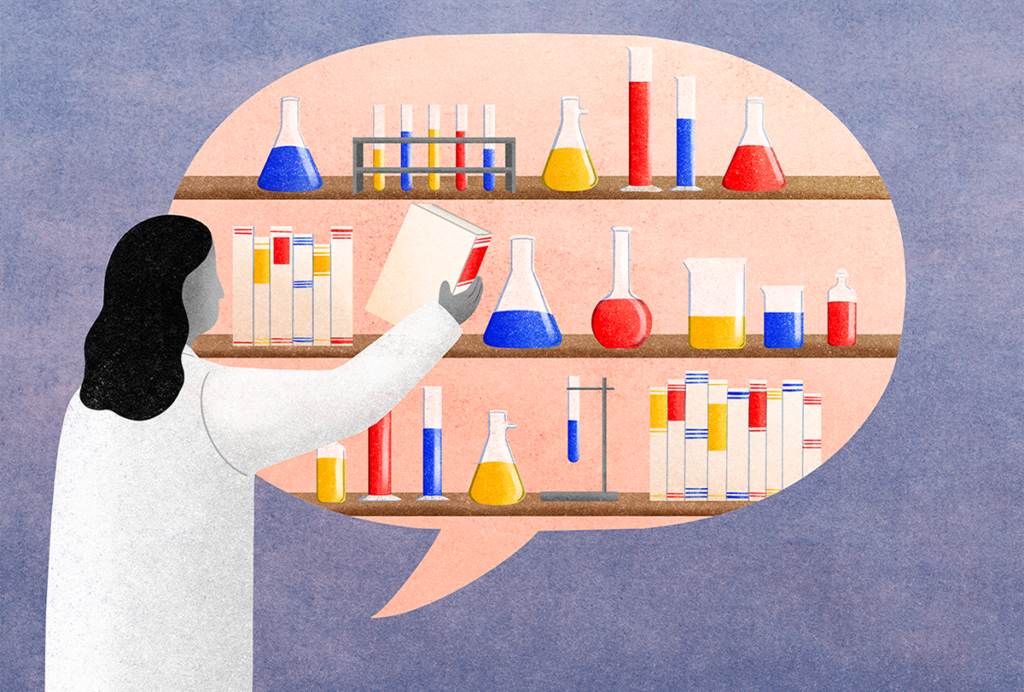
How to communicate the value of curiosity-driven research
The burden of proof is on us—researchers—to explain why what we do is valuable to society.
Breaking the barrier between theorists and experimentalists
Many neuroscience students are steeped in an experiment-first style of thinking that leads to “random walk science.” Let’s not forget how theory can guide experiments toward deeper insights.
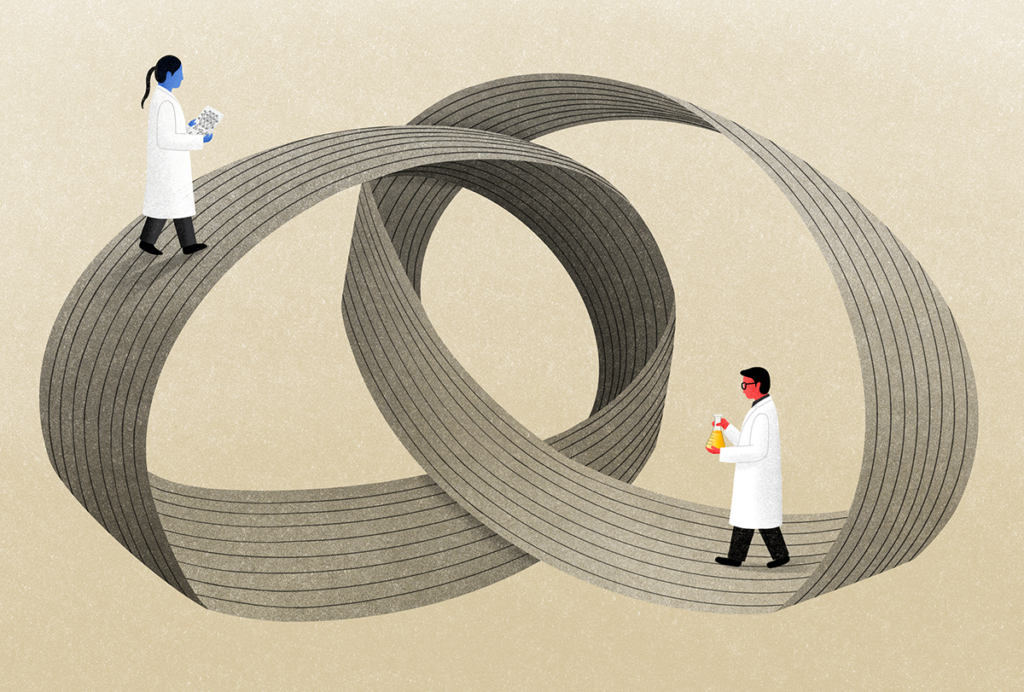
Breaking the barrier between theorists and experimentalists
Many neuroscience students are steeped in an experiment-first style of thinking that leads to “random walk science.” Let’s not forget how theory can guide experiments toward deeper insights.
How to teach students about science funding
As researchers reel over the uncertain state of U.S. federal funding, educating students on the business of science is more important than ever.

How to teach students about science funding
As researchers reel over the uncertain state of U.S. federal funding, educating students on the business of science is more important than ever.
Why practical summer courses in neuroscience matter
Among other reasons, this tradition helps researchers rekindle the unfettered joy that initially brought them to the field.
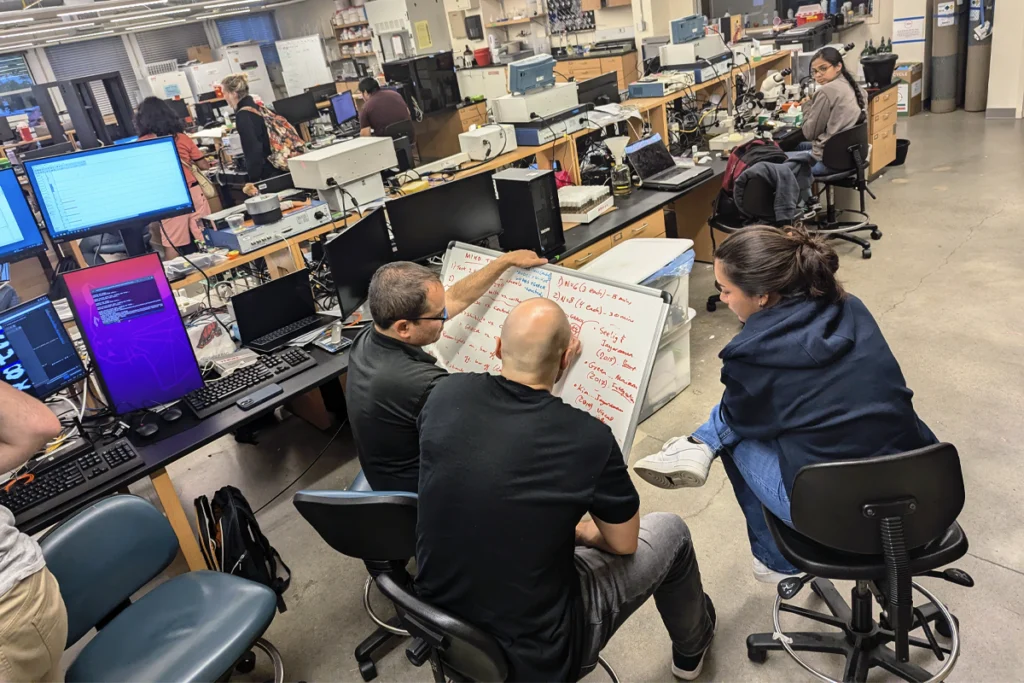
Why practical summer courses in neuroscience matter
Among other reasons, this tradition helps researchers rekindle the unfettered joy that initially brought them to the field.
A genetics-first clinic for catching developmental conditions early: Q&A with Jacob Vorstman
A new clinic is assessing children who have a genetic predisposition for autism and other neurodevelopmental conditions—sometimes before traits appear.
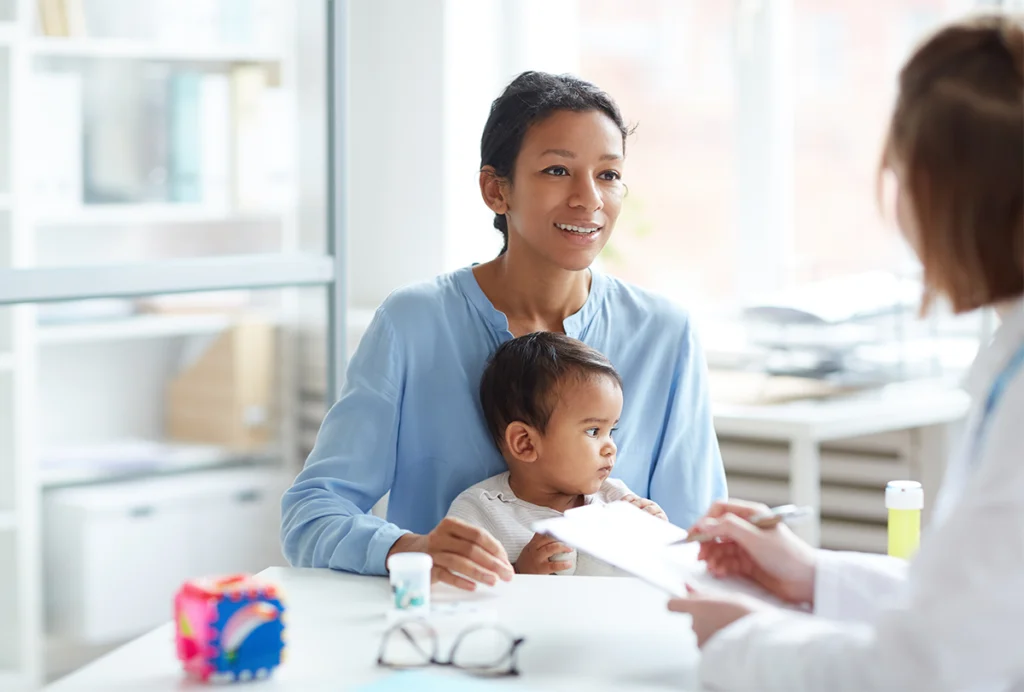
A genetics-first clinic for catching developmental conditions early: Q&A with Jacob Vorstman
A new clinic is assessing children who have a genetic predisposition for autism and other neurodevelopmental conditions—sometimes before traits appear.
Building a global community: Q&A with Black In Neuro co-founder Clíona Kelly
As Black In Neuro Week 2024 continues through Sunday, Kelly explains how the organization expanded from its humble beginnings as a Slack channel to connect Black neuroscientists across the diaspora.
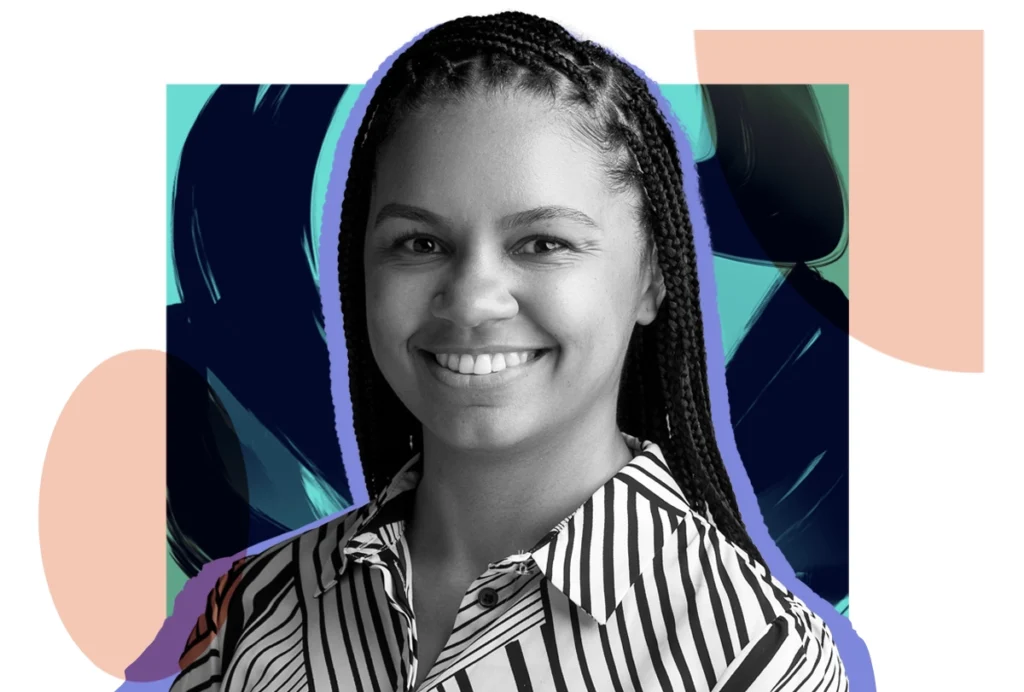
Building a global community: Q&A with Black In Neuro co-founder Clíona Kelly
As Black In Neuro Week 2024 continues through Sunday, Kelly explains how the organization expanded from its humble beginnings as a Slack channel to connect Black neuroscientists across the diaspora.
Neuroscience graduate students deserve comprehensive data-literacy education
Despite growing requirements around how to handle and share data, formal training is lacking.
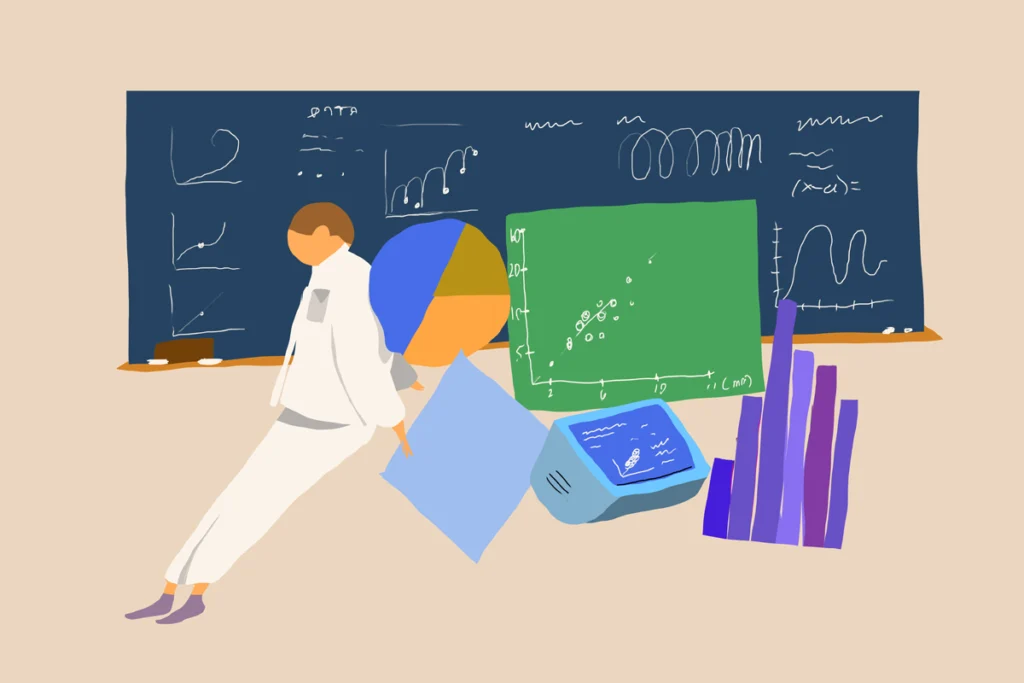
Neuroscience graduate students deserve comprehensive data-literacy education
Despite growing requirements around how to handle and share data, formal training is lacking.
Our planet stands on the brink of irreversible change. Neuroscientists need to do something about it.
When I launched my new lab at New York University in 2022, I decided to apply my expertise in computer vision to an urgent problem far outside the brain: climate change.
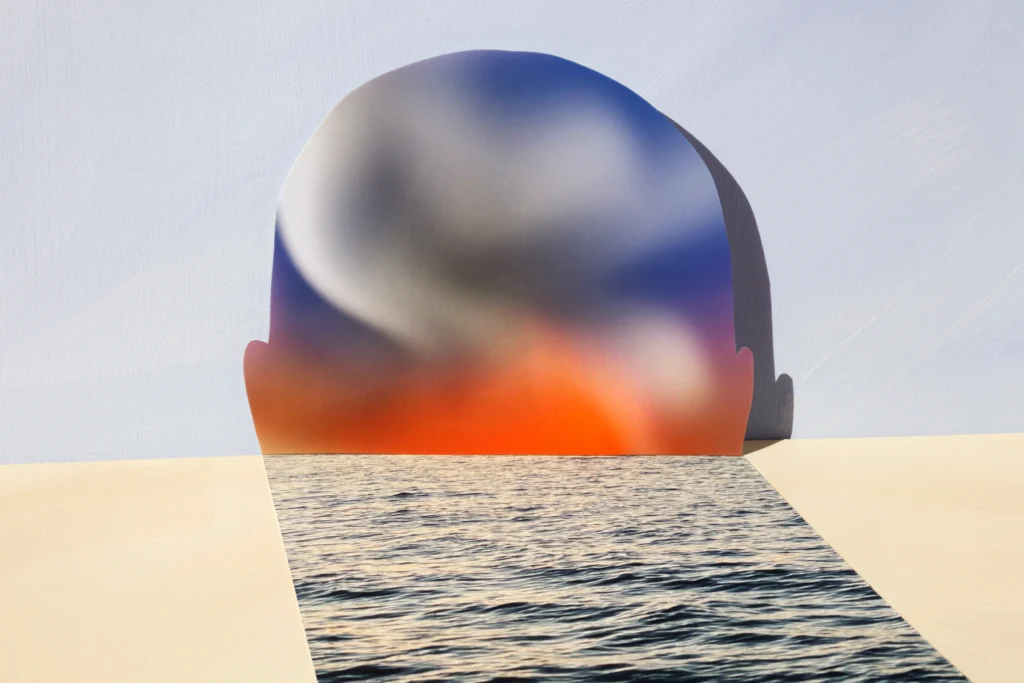
Our planet stands on the brink of irreversible change. Neuroscientists need to do something about it.
When I launched my new lab at New York University in 2022, I decided to apply my expertise in computer vision to an urgent problem far outside the brain: climate change.
The sleep/wake cycle and autism with Ashura Buckley
The NIH neurologist talks about her research, her family and how mental health labels can be limiting.
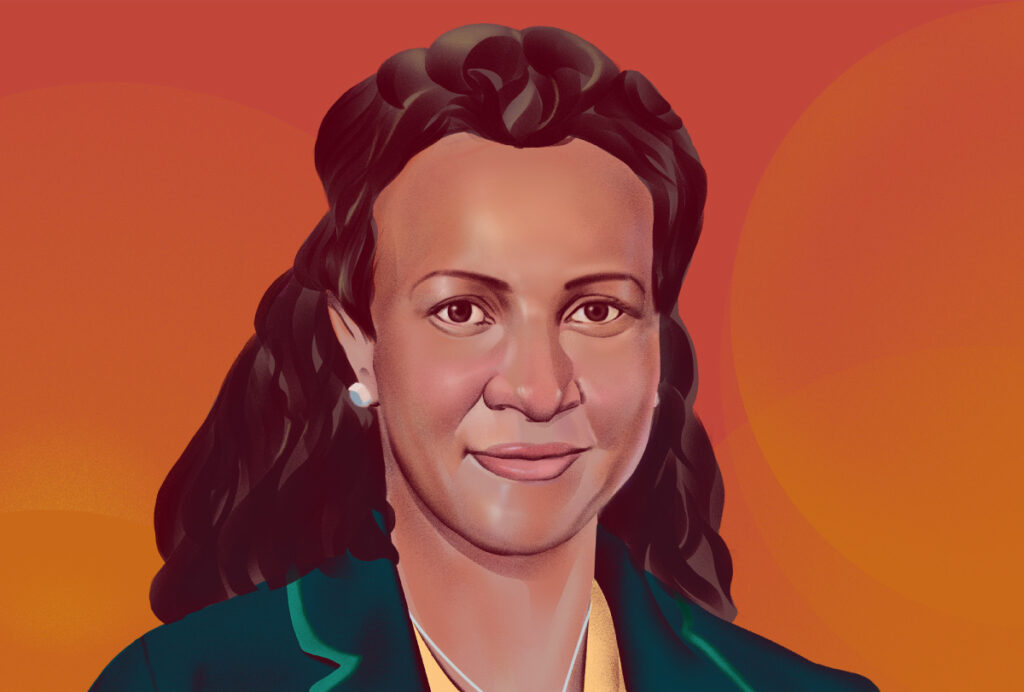
The sleep/wake cycle and autism with Ashura Buckley
The NIH neurologist talks about her research, her family and how mental health labels can be limiting.
Explore more from The Transmitter
This paper changed my life: Shane Liddelow on two papers that upended astrocyte research
A game-changing cell culture method developed in Ben Barres’ lab completely transformed the way we study astrocytes and helped me build a career studying their reactive substates.

This paper changed my life: Shane Liddelow on two papers that upended astrocyte research
A game-changing cell culture method developed in Ben Barres’ lab completely transformed the way we study astrocytes and helped me build a career studying their reactive substates.
Dean Buonomano explores the concept of time in neuroscience and physics
He outlines why he thinks integrated information theory is unscientific and discusses how timing is a fundamental computation in brains.
Dean Buonomano explores the concept of time in neuroscience and physics
He outlines why he thinks integrated information theory is unscientific and discusses how timing is a fundamental computation in brains.
Rise in autism prevalence; and more
Here is a roundup of autism-related news and research spotted around the web for the week of 21 April.

Rise in autism prevalence; and more
Here is a roundup of autism-related news and research spotted around the web for the week of 21 April.